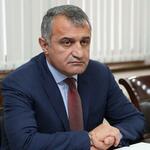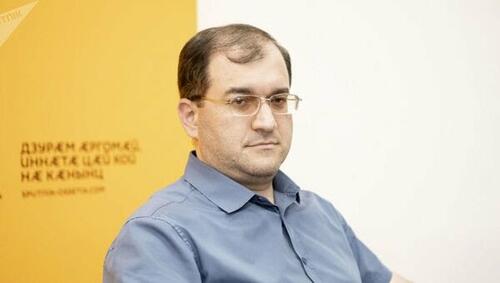South Ossetia will use every opportunity to protect the rights of its citizens and bring the truth about the events of 2008 to the world community, - said President of South Ossetia Anatoly Bibilov.
According to him, every application of the citizens of South Ossetia, submitted to the European Court of Human Rights, outlines the tragedy, the pain of losses, the suffering experienced, and the court has made a decision, rejected them, referring to strange, completely incomprehensible arguments.
"I will not say that we were waiting for another decision. According to their logic, if Georgia did not actually exercise control over South Ossetia, then it should not be responsible for hundreds of killed and thousands of wounded civilians? But these people were killed or wounded by the Georgian army, which was sent to South Ossetia by the Georgian leadership. The Georgian army used indiscriminately artillery in the residential areas of Tskhinval, the Georgian army soldiers were shooting houses of the residents of South Ossetia with direct fire, shooting the cars on which refugees tried to leave. And nevertheless, the ECHR judges decided that this does not fall under the Georgian jurisdiction, "the President said, commenting on the court decision to the "Res agency «.
The head of state has stressed that based on the position of the "Collective West" on South Ossetia, it is absolutely clear that "the policy of shielding Georgia and those patrons who blessed it for the armed aggression will continue further."
On Thursday, the European Court of Human Rights (ECHR) rejected claims by residents of South Ossetia about human rights violations by the Georgian military during the 2008 military conflict. The complaints concerned the events that took place on 8 and 9 August in Tskhinval and its environs "during a five-day international armed conflict." The applicants pointed to the “disproportionate use of force” against civilians by the Georgian army, both in connection with the massive shelling from multiple launch rocket systems and the actions of the military that entered Tskhinval.






